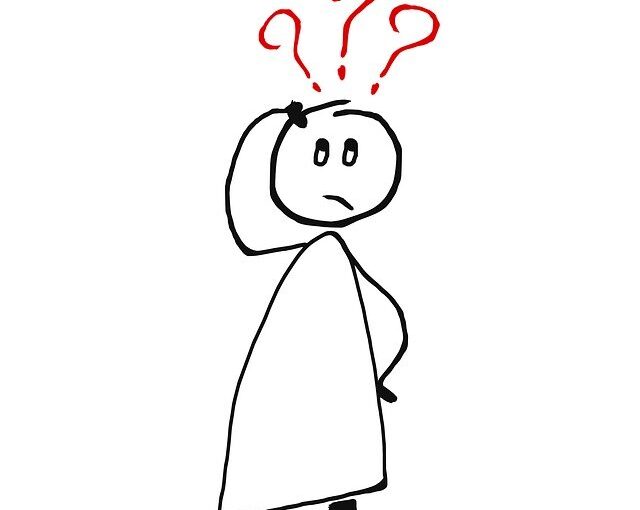
by Nathan Chua
I am no expert movie analyst or critic, so pardon me if I dwell into an unfamiliar topic for me. I recently saw the movie that won several major awards at the Oscars this year which featured a character named Waymond. I could not help but smile when I heard Evelyn (the name of the character who is his wife in the film) express her disbelief that her husband had just turned into some kind of superhero by saying to Waymond, “You? With the fanny pack?” There are now two movie characters portrayed that I can count as my all-time favorites. The other one is Forrest Gump, a character played by Tom Hanks in a film released in the 1990s.
My guess is that I am not alone in this. Key Huy Kuan who played Waymond, won best supporting actor for his role, and Forrest Gump the movie as I remember, did really well at the tills as well as the Oscars of that time. From memory, I think Forrest Gump’s success at the box office was unexpected, since most movies that did well financially up to that point were sci-fi or superhero movies. I guess the stories and message of these characters don’t go unnoticed by the public and the experts. They resonate to us in an odd way. They have something that they don’t have. So to speak.
Although I am quite sure that there are many other movies that depict such unlikely heroes, these two are for me, the most inspiring. Having been in business, I couldn’t quite understand back in the 90s why a character like Forrest Gump would make me feel so much admiration towards someone who was supposed to be just existing to survive. Since learning more about the workings of the mind from an ACT (Acceptance and Commitment Therapy) perspective, I have discovered what it is that made me gravitate to Waymond and Forrest.
There is one thing they don’t have that I have that makes them such admirable characters. It’s an ego.
Let’s do a thought experiment here:
We love our dogs. Ever wondered why? Since I work with couples a lot, I’d like to use this metaphor. If you have seen a male dog get snarly when its mate has gone off with another male dog, that’s part of their mating instinct. When the mate comes back to it or if the male dog has successfully fended off the competing male, then the couple can just go on being with each other without much of a fuss. It’s as if nothing had happened. With human couples though, it takes more time to get back to the usual interactions. We humans have a real handicap when it comes to being present with our lot in life. Any couple going through recovery from a transgression can admit that their thoughts can make them do things that don’t match the situation. They can be fast asleep and start a major fracas in bed even though they know they have important matters to take care of when the sun rises.
Another example would be if you forgot to feed your dog at the usual time. Guess what your dog will do when you finally present it with dinner? Will it snarl to show anger and frustration that you took your pet for granted? On the contrary, your dog will be extremely happy and grateful to you just hearing the familiar noises that come with dinner. Try noticing what happens if you forgot to prepare dinner for your spouse or kids. You could get an earful and maybe a night full of grumblings.
End of thought experiment.
There are subtle ways we project our egos. We can start noticing what image we want to present to the people we meet. Here’s one that may sound familiar: While you come a bit late to a party, you tell the people who welcome you about how busy you were with so many business meetings. Get it?
Waymond and Forrest are lovable characters because they just lived according to what is closest to their hearts and available to their senses:
For Forrest, it was his love for Jenny and Bubba, as well as Lieutenant Dan. Remember the scene where he punched a guy who was harassing Jenny? Once he got Jenny with him, that was all that mattered. Once he started the shrimping business and Lt. Dan came back to be his friend again, they were all that mattered.
For Waymond, it was his wish to be kind and loving to all and to have as much fun doing laundry and taxes with his wife, daughter, and father-in-law.
Both were without egos, and both with much love and wisdom that we all have at times, tucked away inside of as humans. There is a part of us that wants what Waymond and Forrest don’t have. The good news is, we do have the capacity to also not have what they don’t have. We just have to be more mindful of what it is that’s in front of us.



